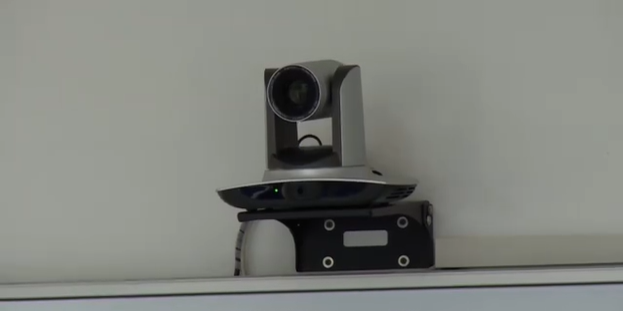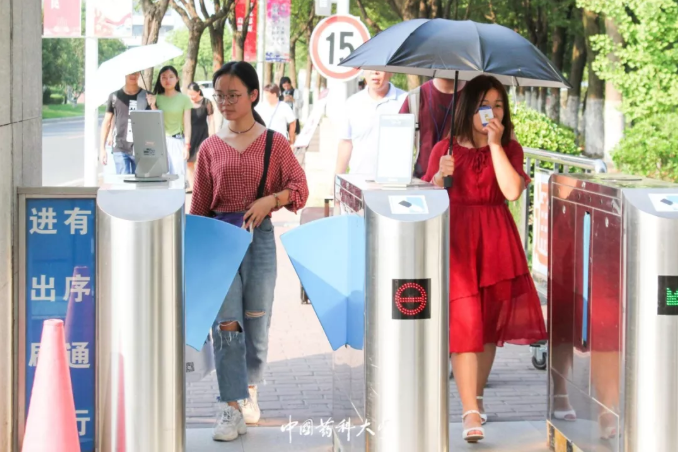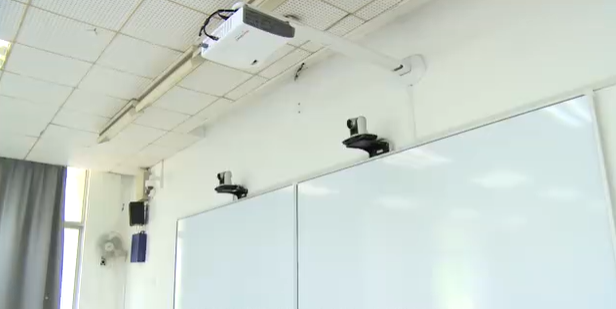China to curb facial recognition technology in schools
China to curb facial recognition technology in schools

On September 5, when talking to Shanghai-based news site The Paper, Léi Cháozī 雷朝滋, director of the Science and Technology Department of China’s Ministry of Education, said (in Chinese) that the government was planning to “curb and regulate” the use of facial recognition technology at educational facilities. In addition, he advised schools to be more careful in employing high-tech apps or software on campuses.
As Lei cited in the interview, the wake-up call was a recent controversy regarding China Pharmaceutical University (CPU) in Nanjing, Jiangsu Province. According to a representative from the school, in order to ensure campus security and safety, the university has installed facial recognition devices (in Chinese) at school gates and dormitory buildings’ entrances as well as in libraries and teaching buildings. Meanwhile, a more advanced version of the technology has been implemented in two classrooms at CPU, which reportedly had the power to keep track of students’ attendance and closely monitor how attentive they are during class by analyzing their facial expressions and body movements.

After making headlines in a number of news outlets, CPU’s embrace of facial recognition inflamed public opinion, dividing the Chinese internet into two camps: Some thought using the technology to make schools safer is a good thing, while others raised concerns about student privacy and questions about whether schools are trustworthy enough to handle the collected data.
Some opponents also argued that the news sounds alarmingly reminiscent of a string of previous cases where Chinese schools used facial recognition technology to scan students’ faces and collect personal information about them. In 2017, a primary school in Jiangsu Province found itself at the center of a divisive debate after installing surveillance cameras in all classrooms for parents to spy on their children. Last year, a high school in Hangzhou adopted a network of similar devices, which were capable of monitoring students’ activities and offering teachers real-time feedback on how well their students concentrate.

Regarding the unchecked proliferation of facial recognition technology on Chinese campuses, Lei told The Paper that the ministry has been paying attention to the matter and organized experts to conduct research on how to use the technology in responsible ways. “We need to be very careful when it comes to students’ personal information,” Lei said. “Don’t collect it if it’s not necessary. And try to collect as little as possible if we have to.”






